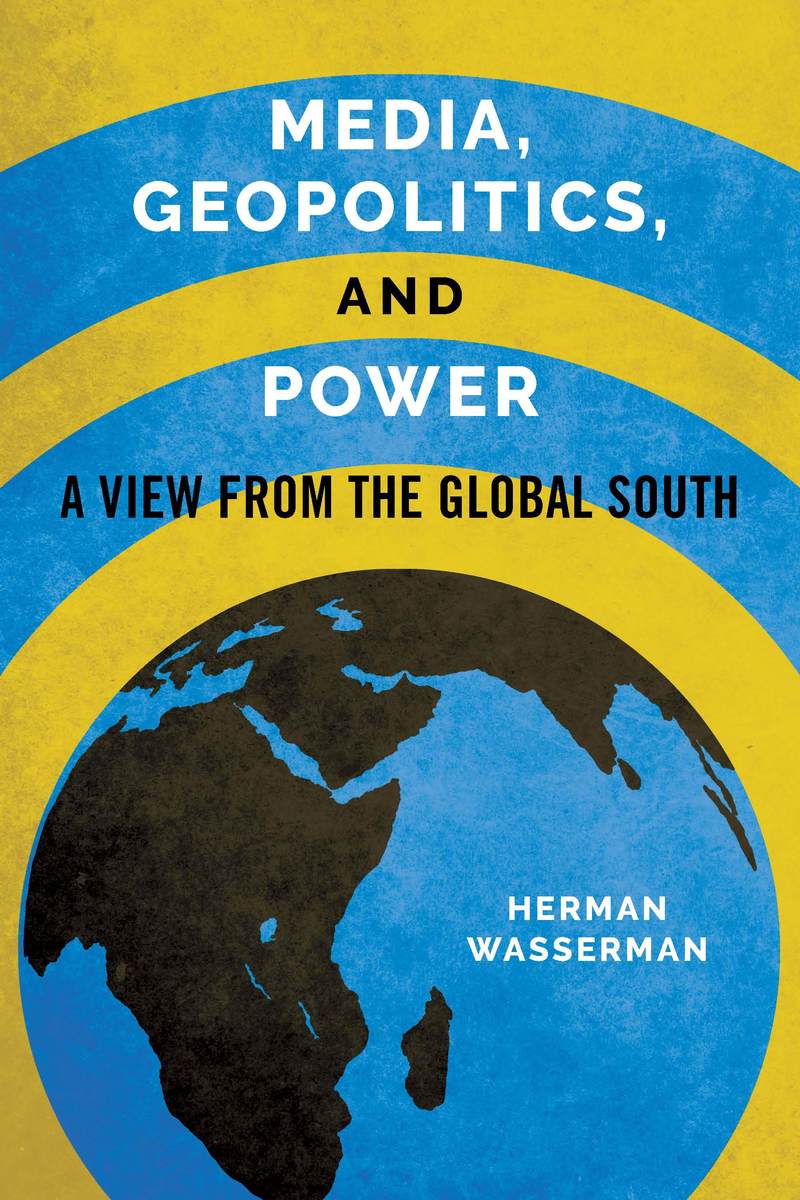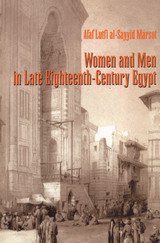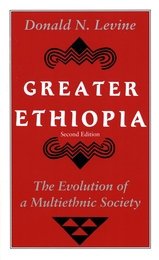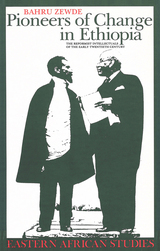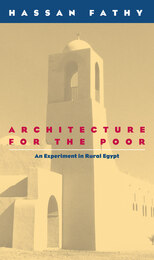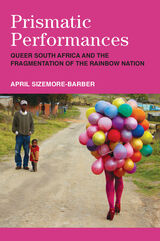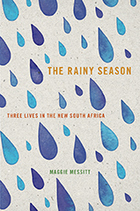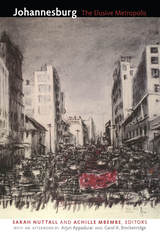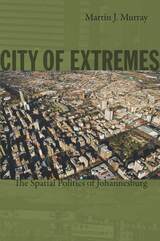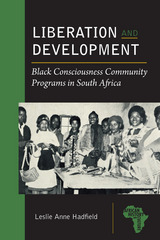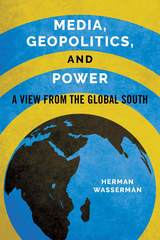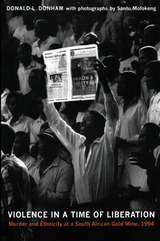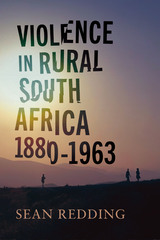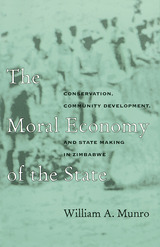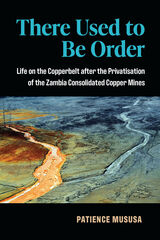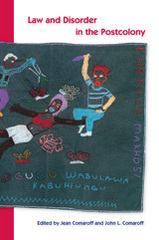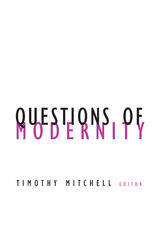Cloth: 978-0-252-04162-4 | eISBN: 978-0-252-05028-2 | Paper: 978-0-252-08326-6
Library of Congress Classification HN801.Z9M39 2018
Dewey Decimal Classification 302.230968
Herman Wasserman analyzes the debates surrounding South Africa's new media presence against the backdrop of rapidly changing geopolitics. His exploration reveals how South African disputes regarding access to, and representation in, the media reflect the domination and inequality in the global communication sphere. Optimists see post-apartheid media as providing a vital space that encourages exchanges of opinion in a young democracy. Critics argue the public sphere mirrors South Africa's past divisions and privileges the viewpoints of the elite. Wasserman delves into the ways these simplistic narratives obscure the country's internal tensions, conflicts, and paradoxes even as he charts the diverse nature of South African entry into the global arena.
See other books on: Geopolitics | Media | Republic of South Africa | South Africa | View
See other titles from University of Illinois Press
